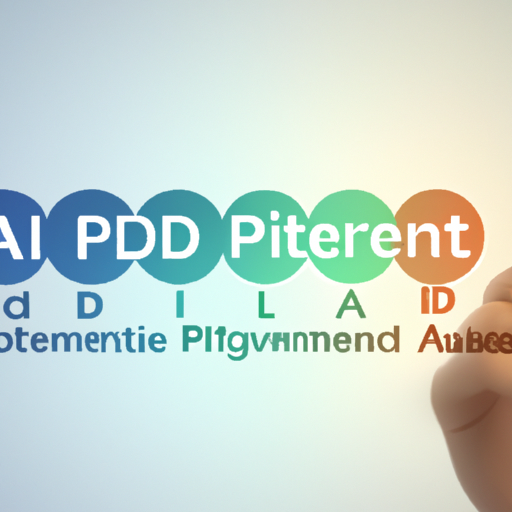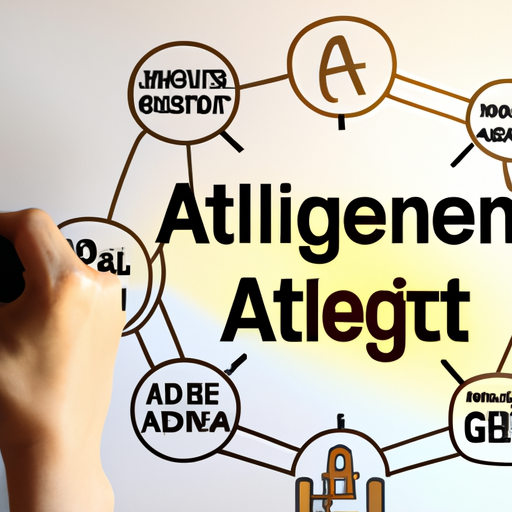As artificial intelligence (AI) continues to transform various sectors, the conversation around ethical AI development practices has never been more crucial. In a world increasingly relying on *AI technology*, ensuring that it aligns with ethical standards and societal values is paramount.
What is Ethical AI?
Ethical AI refers to the implementation and governance of artificial intelligence systems in a manner that promotes fairness, accountability, transparency, and respect for user privacy. These principles guide developers and organizations to innovate responsibly and to mitigate the risks associated with AI.
The Importance of Responsible AI Practices
Implementing ethical practices in AI development is essential for several reasons:
- Building Trust: Users are more likely to adopt AI technologies that they trust. Ethical AI fosters transparency, helping build confidence among users.
- Mitigating Risks: Ethical frameworks help identify and reduce biases that can lead to unfair outcomes in AI systems, thus protecting marginalized communities.
- Regulatory Compliance: Governments and regulatory bodies are increasingly establishing guidelines for AI development. Adhering to ethical practices ensures compliance and avoids legal repercussions.
Best Practices for Ethical AI Development
To foster ethical AI, organizations should implement the following best practices:
- Incorporate Diversity: Engage a diverse group of stakeholders in the development process to ensure varying perspectives and reduce biases.
- Commit to Transparency: Clearly communicate how AI systems work, how data is collected, and how decisions are made.
- Regular Auditing: Conduct regular audits of AI systems to identify and rectify ethical issues, ensuring continuous improvement.
- Focus on User Privacy: Safeguard sensitive data and respect user privacy by implementing strong data protection measures.
The Future of Ethical AI
As our world continues to be shaped by AI, fostering *ethical AI development practices* is essential for shaping a future where technology serves humanity’s best interests. Organizations must proactively address ethical considerations to navigate the complex landscape of artificial intelligence responsibly.
In conclusion, the pathway to responsible innovation lies in adhering to ethical AI principles. By prioritizing ethics, organizations not only comply with evolving regulations but also enhance their reputation and build a sustainable future in the AI space.
For further reading on ethical AI and its implications, stay tuned to our blog!




